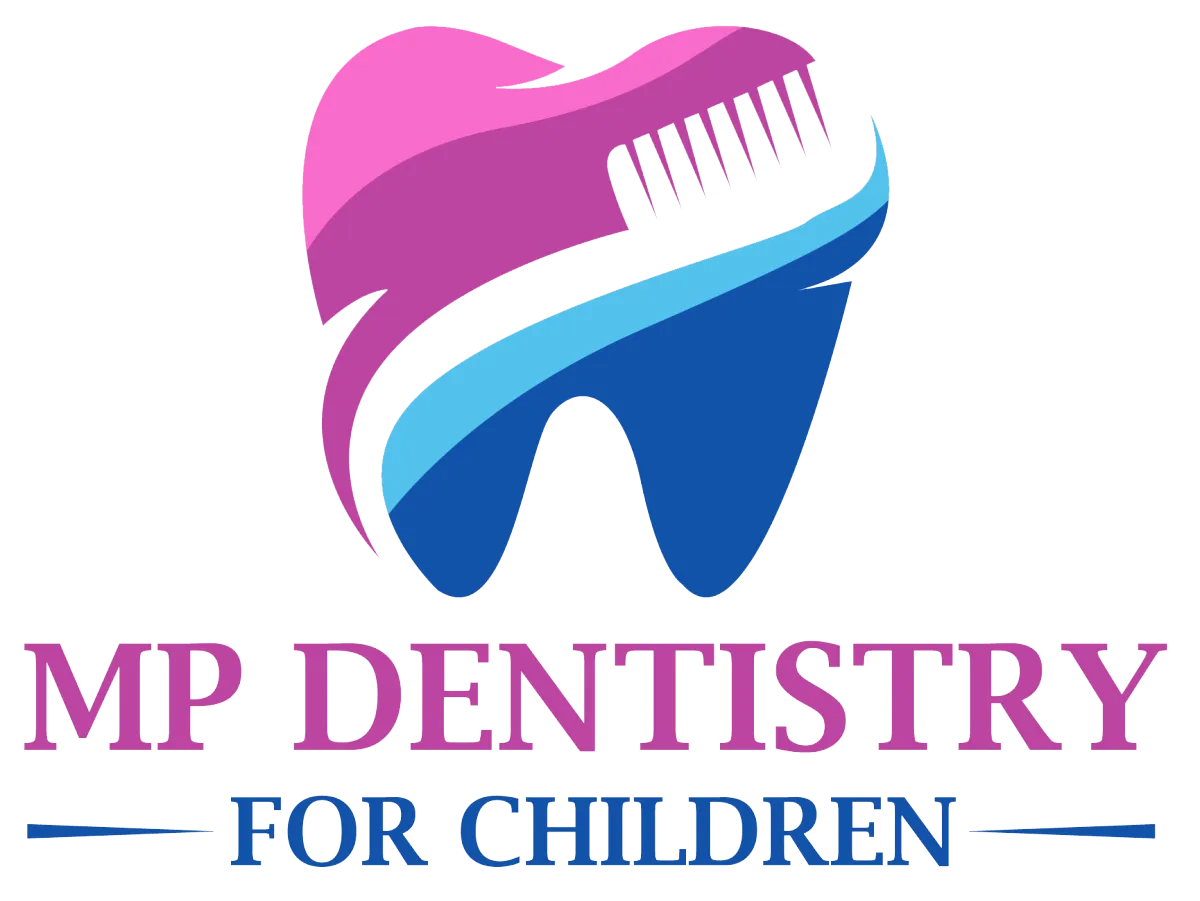Blog
Latest News & Blogs
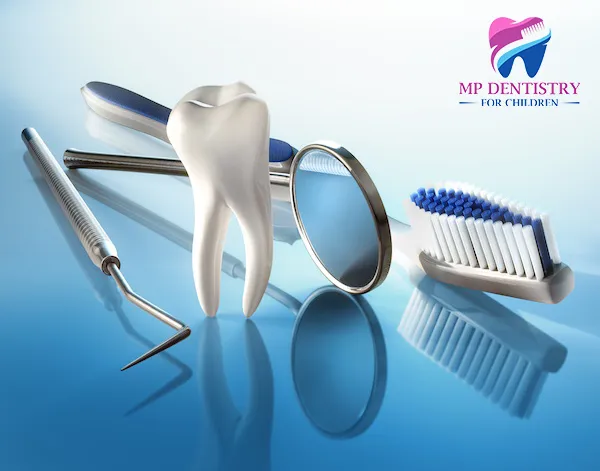
Sedation Dentistry for Children: What You Need To Know
Sedation dentistry for children is an essential option for dental care that enables them to receive dental treatment in their homes. Several sedative dentistry options are available to manage your child's dental anxiety, ranging from general anesthesia (putting your child to sleep) to nitrous oxide sedation (lighter sedation that can last up to an hour). Generally, anesthesia and sedation dentistry for children is very safe and effective. However, as with any medical procedure, dental sedation always carries some risks.
So it's essential to be fully informed about the various types of sedation dentistry available and their associated risks before deciding. Finally, it's important to understand how long sedation dentistry will last once administered. As you can see, dental sedation for children can be a very safe and effective way to ensure your child has a positive dental experience.
What is Sedation Dentistry?
Sedation dentistry is a type of dental treatment that uses anesthetics and sedatives to make the patient sleepy or unconscious. This reduces the anxiety and fear associated with dental procedures, making them more comfortable for children.
Different types of sedation are used in sedation dentistry - general, local anesthesia, and intravenous/intravenous regional anesthesia (IVRA).
The dentist puts you to sleep in general anesthesia, giving you an oral anesthetic like propofol or etomidate. Local anesthesia numbs only a specific area, such as your teeth. IVRA involves giving general anesthesia and using local anesthetizers near nerves inside your mouth to stop pain receptors from firing. Sedation dentistry can be used with treatments such as fillings, extractions, etc.
Sedation and Anesthesia for Children - Know Your Options:
Sedation dentistry options can be confusing regarding dental procedures for children. That's why it's essential to know the different types of sedation and anesthesia used on children and choose the one that is best for your child. General anesthesia is the most commonly used kind of sedation when sedating children for dental treatments. It is a safe procedure when done correctly, but it can be risky if not done correctly.
Regional anesthesia involves numbing specific body parts with local anesthetics instead of general anesthesia. This type of anesthesia is less complicated and is often used when sedating children for dental procedures. However, when receiving general or regional anesthesia, children are more prone to develop nausea and vomiting, so selecting the right option for your child's needs is essential. If you're looking for a sedation dentistry procedure that is safe and easy for your child, pediatric dental sedation may be the right option.
Home Preparation
Sedation dentistry provides an ideal solution for dental care that is safe and effective for children. Sedation dentistry techniques can be broadly classified into general anesthetics (such as propofol), local anesthetics (such as lidocaine), and sedatives (such as valium).
Children require special attention during pre-operative preparation, including proper hydration, nutrition, and rest. Home-prepared sedation dentistry allows the dentist to administer these drugs directly at home - minimizing any risks of adverse effects on the child. In addition, this makes dental care transitions in the office much smoother for both parties.
Getting Drowsy
Getting drowsy is a natural process that happens to everyone at some point. However, sedation and anesthesia used on children can have devastating consequences if not administered correctly. In general, sedatives reduce brain activity, while anesthetics make the body incapable of feeling pain or discomfort.
The three main types of sedatives are:
● General anesthetics (such as propofol),
● Local anesthetics (like lidocaine),
● Neuromuscular blocking agents (the most common of which is vecuronium bromide).
All three types of sedatives are effective in inducing anesthesia for pediatric patients.
Fortunately, there are also many ways to minimize potential side effects when administering anesthesia to infants and children. In addition, there are different precautions to take depending on what procedure is prescribed; the most important thing is to ensure the patient is safe at all times!
Is Anesthesia or Sedation Safe for Children?
Dental anesthesia or sedation is a reliable and secure method to keep children comfortable during dental procedures. It's usually only used in minor dental procedures like extractions or fillings. This type of sedation or anesthesia is known as general anesthesia, a type of anesthesiology that puts a person to sleep and allows the dentist to perform dental work without conscious awareness. There are various options available to parents when choosing an anesthesia dentist for their children - ask your pediatrician for a list of dentists who offer this service in your area. Always ask your child's dentist about the sedation or anesthesia procedure before the appointment. Before agreeing to it, ensure you understand the risks and benefits of sedation or anesthesia.
How To Comfort Your Child Before Induction
Sedation dentistry for children has become an increasingly popular choice regarding dental procedures. It provides a safe and comfortable dental experience for younger and older patients. There are two types of sedation dentistry - general anesthesia or sedation- offering a smooth dental procedure with minimal pain. During the process, your child will be asleep!
Before making any decisions about sedation dentistry for your child, it's essential to consult with a pediatric dentist who can provide you with all the relevant information. They will help you choose the best option based on your child's age, medical history, oral hygiene level, etc.
How long does it take for sedation to wear off?
There's no question that dental anxiety is a common problem for children. Fortunately, sedation dentistry for children is a safe and effective way to reduce anxiety during dental procedures. The duration of sedation will vary depending on the child's age, personality, and dental condition, but most kids will wake up refreshed and ready for their next adventure. Consult your dentist or pediatrician in advance if you have any queries regarding sedation dentistry for kids. Then, it's time to put everything you've learned about sedation dentistry for kids to practice and go on dental adventures!
Conclusion
A dental procedure may seem simple, but anesthesia and sedation dentistry can be very complex. This is because dental sedation and anesthesia are designed to make dental treatment as safe and comfortable as possible for children. However, knowing a few facts will help you confidently choose your child's sedation dentistry. First, sedation dentistry is relatively safe when conducted by dentists who have received the appropriate training. Second, while it seldom lasts more than six hours, sedation dentistry often wears off within an hour or two. Lastly, don't hesitate to contact your MP Dentistry if you have concerns concerning sedation dentistry for your kid.
Frequently Asked Questions
Is it safe to sedate a child for dental work?
Sedation dentistry is safe for children as long as a qualified dentist performs it. During sedation dentistry, oral sedatives are used to make the child more relaxed and comfortable during dental procedures like filling cavities and removing tooth decay. This allows the child to remain conscious and feel less pain.
What is the safest form of sedation for children?
Pediatric dentists often prescribe oral sedatives like nitrous oxide and midazolam to children undergoing dental treatment. These sedatives work by reducing anxiety and improving dental work. However, nitrous oxide and midazolam are unsafe for children as they do not have a central nervous system. This means that these sedatives can cause addiction and overdose in young children.
How do they put kids to sleep for dental work?
Most sedation dentistry procedures start with a general anesthetic that puts the child to sleep. This anesthesia helps numb the child's entire body so dental work can be done without pain or discomfort. Additional medications are then administered to ensure the child remains asleep during the procedure.
Sedation dentistry is used when dental work needs to be done on infants, children, and adults who are unwilling or unable to tolerate pain. This type of dentistry often results in a more pleasant experience for both the child and the dentist.
Read More About:Kids Dental Care
OUR PARTNERS


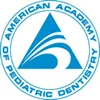
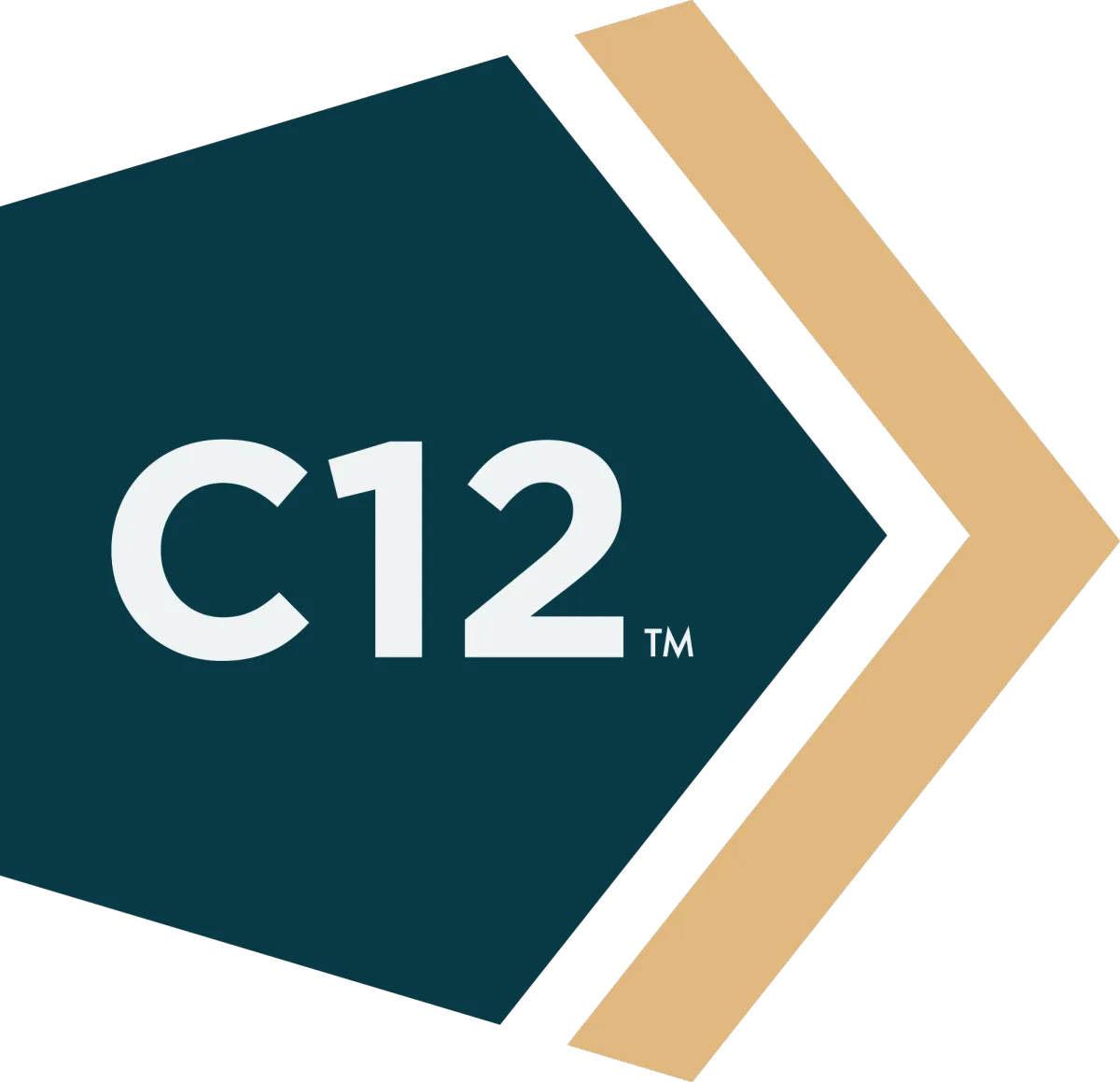


MP Dentistry for Children is a dental professional dedicated to excellence in pediatric dentistry for children. Available treatments include pediatric dental cleanings, introductory exams, children’s x-rays, fluoride treatments, sealants, fillings, crowns, root canal treatments, extractions, emergency care, and more. Contact Mangum Park Dentistry for Children to set up an appointment.
Office Hours
Mon: 8:30 AM – 5:30 PM
Tues: 8:30 AM – 5:30 PM
Wed: 8:30 AM – 5:30 PM
Thurs: 8:30 AM – 5:30 PM
Fri: 8:30 AM - 1:30 PM
Copyright © All Right Reserved Site Developed By GBBDigitalSEO
OUR PARTNERS





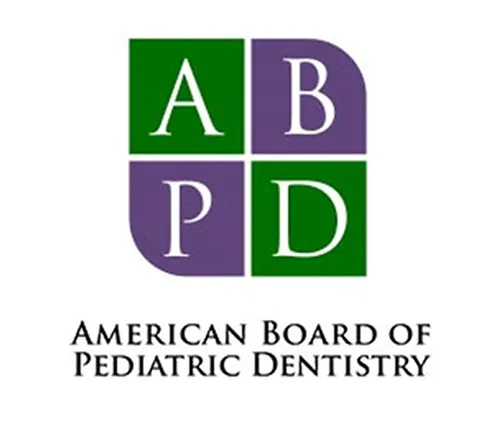
MP Dentistry for Children is a dental professional dedicated to excellence in pediatric dentistry for children. Available treatments include pediatric dental cleanings, introductory exams, children’s x-rays, fluoride treatments, sealants, fillings, crowns, root canal treatments, extractions, emergency care, and more. Contact Mangum Park Dentistry for Children to set up an appointment.
Office Hours
Mon: 8:30 AM – 5:30 PM
Tues: 8:30 AM – 5:30 PM
Wed: 8:30 AM – 5:30 PM
Thurs: 8:30 AM – 5:30 PM
Fri: 8:30 AM - 1:30 PM
Copyright © All Right Reserved Site Developed By GBBDigitalSEO
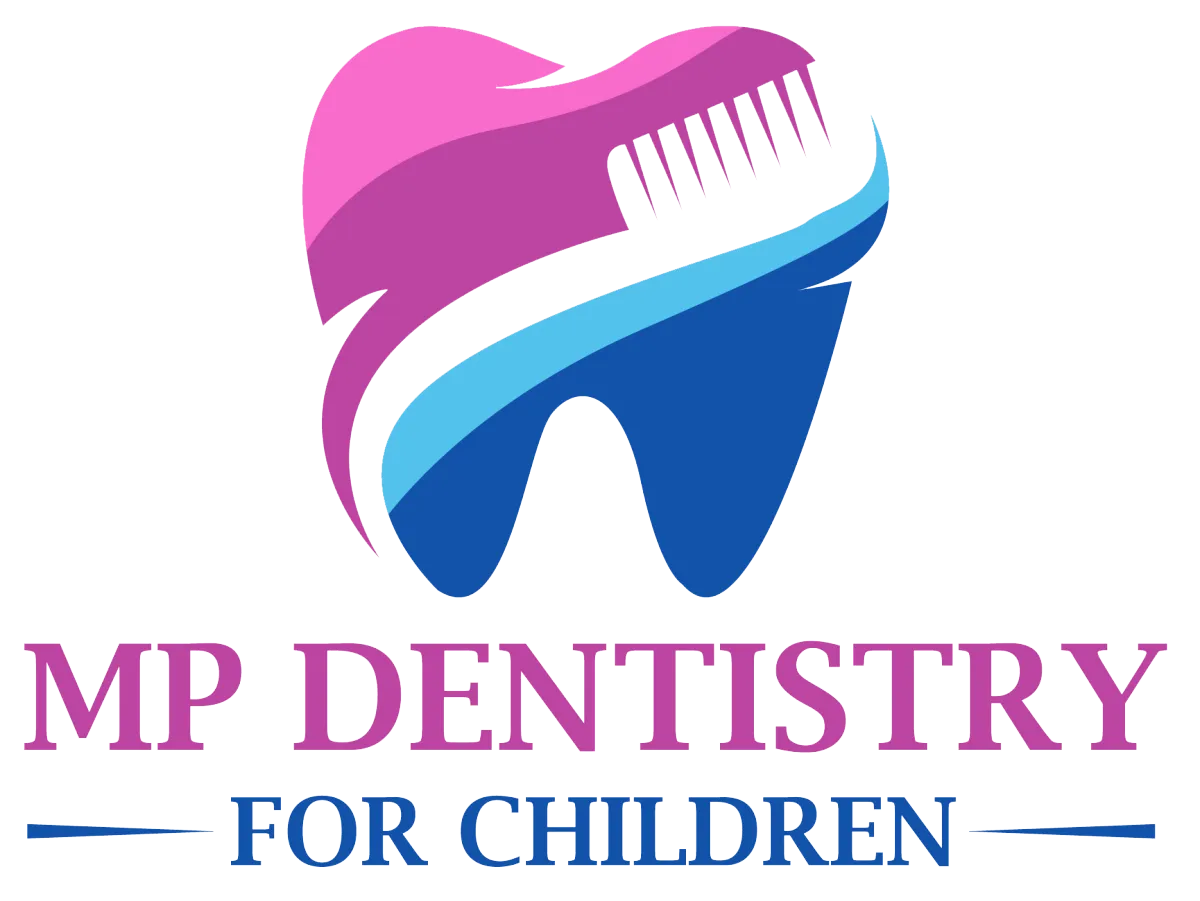
MP Dentistry for Children is a dental professional dedicated to excellence in pediatric dentistry for children. Available treatments include pediatric dental cleanings, introductory exams, children’s x-rays, fluoride treatments , sealants, fillings, crowns, root canal treatments, extractions, emergency care, and more. Contact Mangum Park Dentistry for Children to set up an appointment.
Office Hours
Mon: 8:30 am – 5:30 pm
Tues: 8:30 am – 5:30 pm
Wed: 8:30 am – 3:30 pm
Thurs: 8:30 am – 5:30 pm
Fri: 8:30 am - 1:30 pm
Contact Us
We encourage you to contact us with any questions or comments you may have. Please call our office or use the quick contact form below.
